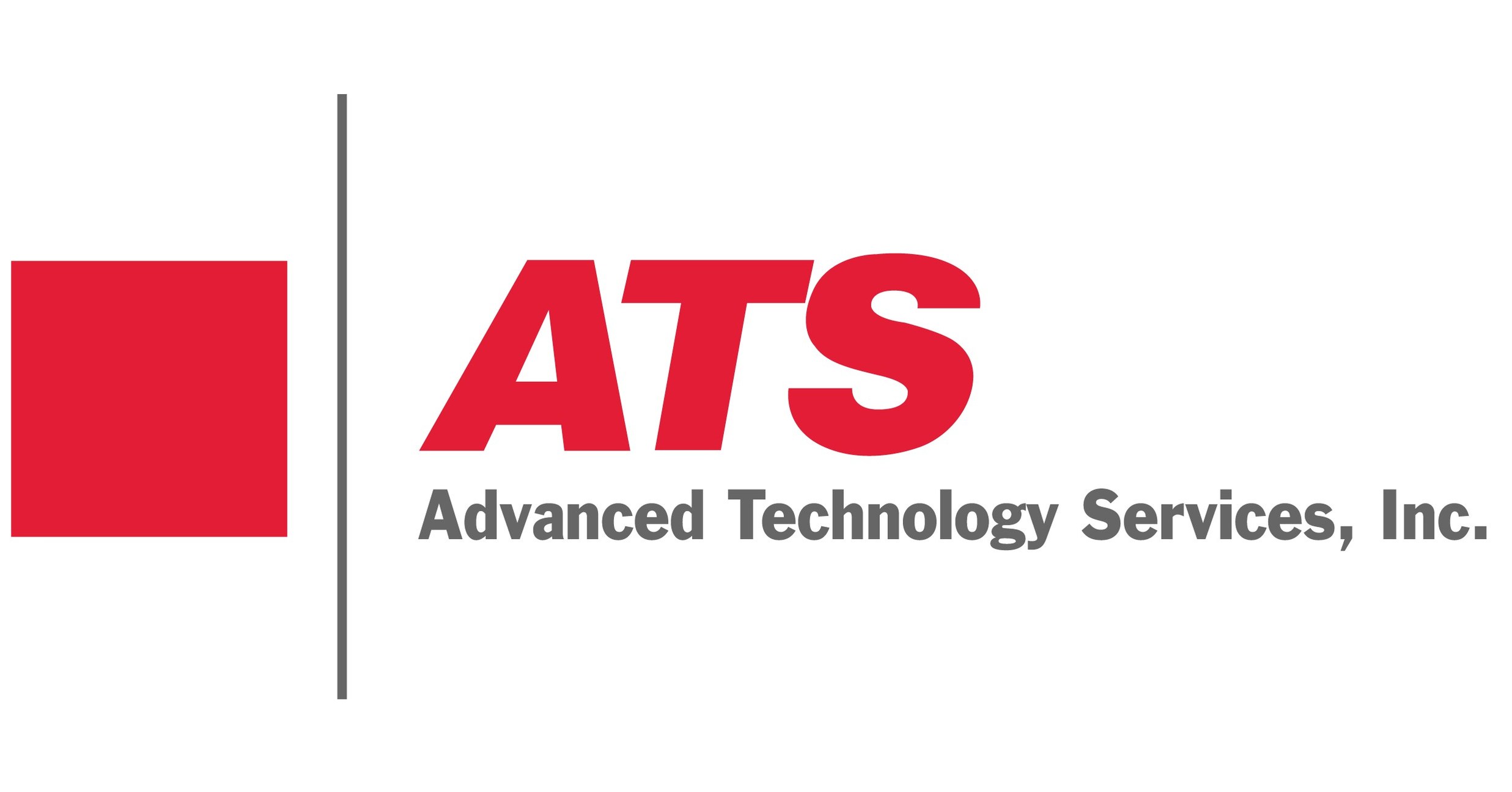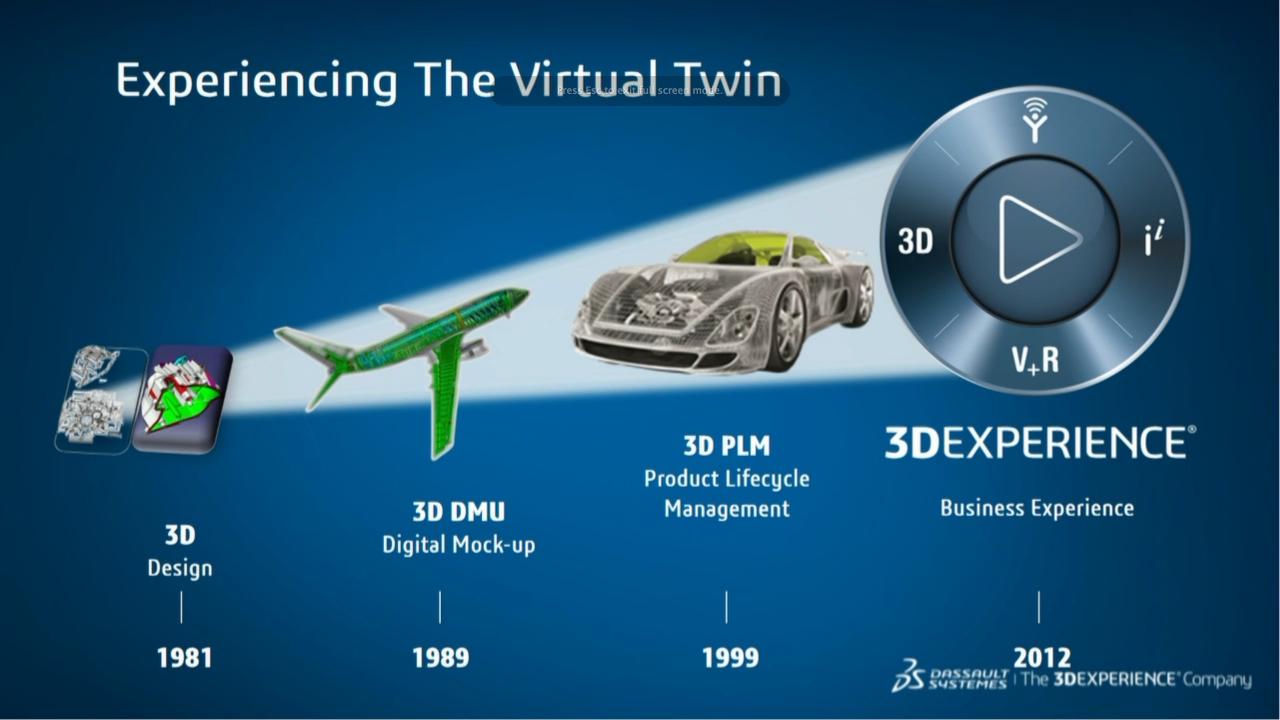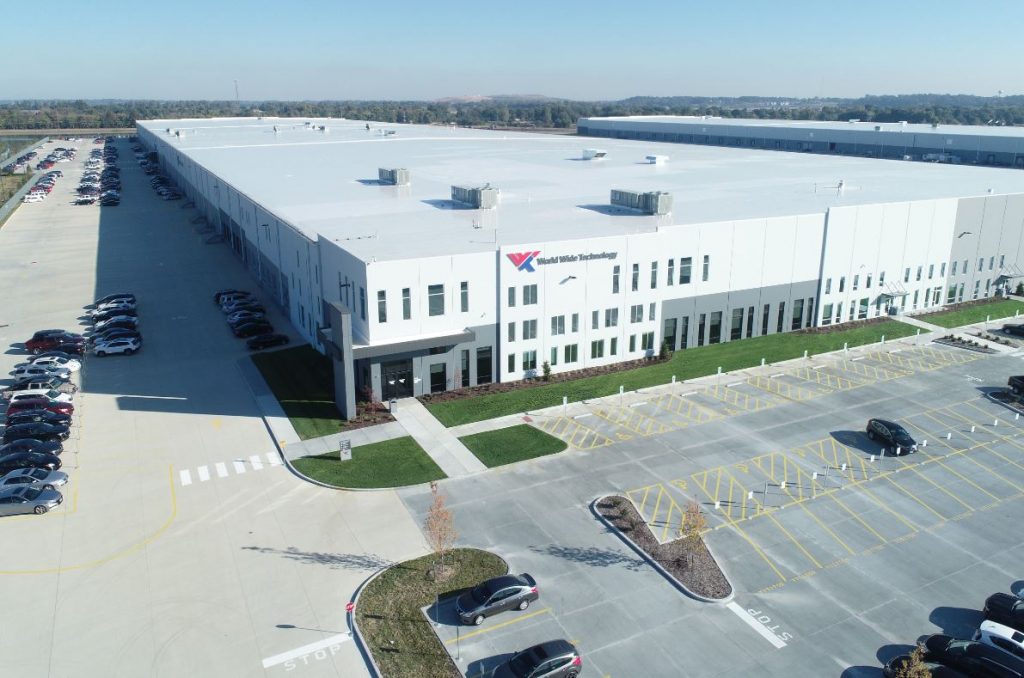Advanced Technology Services Jobs: A Growing Field
Advanced technology services jobs set the stage for a dynamic and evolving landscape, offering a glimpse into a world where innovation and technical expertise intertwine. This sector is driven by […]

Advanced technology services jobs set the stage for a dynamic and evolving landscape, offering a glimpse into a world where innovation and technical expertise intertwine. This sector is driven by the relentless march of technological advancements, particularly in areas like artificial intelligence (AI), cloud computing, and automation. These forces are shaping the way we work, live, and interact with the world around us, creating a surge in demand for skilled professionals who can navigate this complex and exciting terrain.
The impact of these technologies is undeniable. They are automating tasks, enhancing productivity, and driving innovation across industries. This has led to the emergence of new roles and responsibilities, requiring professionals with specialized skills in areas such as data science, software engineering, cybersecurity, and cloud architecture. These individuals are at the forefront of technological progress, playing a crucial role in shaping the future of businesses and society as a whole.
Skills and Qualifications for Advanced Technology Services Jobs
The field of advanced technology services is constantly evolving, requiring professionals with a unique blend of technical expertise and soft skills. These individuals are responsible for designing, implementing, and maintaining complex technology systems, ensuring seamless operations and optimal performance.
Technical Skills
Technical skills are the foundation of success in advanced technology services. These skills enable professionals to understand, analyze, and solve complex technical problems.
- Programming Languages: Proficiency in various programming languages is essential, as these form the building blocks of software development. Common languages include Python, Java, C++, JavaScript, and Go. Each language has its strengths and weaknesses, making it crucial to choose the right language for specific projects. For example, Python is widely used for data analysis and machine learning, while Java is known for its scalability and robustness in enterprise applications.
- Data Analysis Techniques: The ability to analyze and interpret large datasets is crucial in today’s data-driven world. Professionals need to understand statistical concepts, data visualization tools, and machine learning algorithms to extract meaningful insights from data. Popular tools include SQL, R, and Python libraries like Pandas and NumPy.
- Cloud Platforms: Cloud computing is transforming the IT landscape, and expertise in cloud platforms like AWS, Azure, and Google Cloud is highly valued. Professionals should understand cloud infrastructure, security, and deployment models to effectively manage and optimize cloud-based applications and services.
- Networking and Security: A solid understanding of networking protocols, security principles, and best practices is essential for ensuring the stability and security of technology systems. Professionals should be familiar with concepts like firewalls, VPNs, intrusion detection systems, and encryption.
- DevOps and Automation: DevOps practices emphasize collaboration and automation throughout the software development lifecycle. Professionals should be familiar with tools like Docker, Kubernetes, and Ansible to streamline development, deployment, and operations. Automation helps reduce manual errors, improve efficiency, and accelerate delivery cycles.
Soft Skills
While technical skills are essential, soft skills are equally important for success in advanced technology services. These skills enable professionals to work effectively in teams, communicate clearly, and solve problems creatively.
- Communication: Effective communication is crucial for collaborating with colleagues, clients, and stakeholders. Professionals should be able to explain technical concepts clearly and concisely, both verbally and in writing. They should also be adept at active listening and providing constructive feedback.
- Problem-Solving: Advanced technology services often involve complex challenges that require innovative solutions. Professionals need to be able to analyze problems, identify root causes, and develop effective solutions. They should be comfortable working with ambiguity and exploring different approaches to find the best outcome.
- Teamwork: Collaboration is essential in technology services, as projects often involve multiple teams and individuals. Professionals should be able to work effectively in teams, contribute their expertise, and support colleagues. They should also be able to resolve conflicts constructively and foster a positive team environment.
- Adaptability and Learning: The technology landscape is constantly evolving, requiring professionals to stay current with new technologies and trends. They should be eager to learn new skills, adapt to changing demands, and embrace continuous improvement. A growth mindset is essential for navigating the dynamic nature of the field.
Educational Background and Certifications
A strong educational foundation and relevant certifications are highly valued in advanced technology services. These credentials demonstrate a commitment to professional development and a deep understanding of the field.
- Bachelor’s Degree: A bachelor’s degree in computer science, software engineering, information technology, or a related field is typically required for entry-level positions. These programs provide a strong foundation in programming, data structures, algorithms, and other essential concepts.
- Master’s Degree: A master’s degree can provide advanced knowledge and specialization in areas like data science, cybersecurity, or cloud computing. It can be beneficial for career advancement and leadership roles.
- Industry Certifications: Certifications from organizations like AWS, Microsoft, Cisco, and CompTIA validate specific skills and expertise. They demonstrate a commitment to professional development and can enhance job prospects and salary potential.
The Future of Advanced Technology Services Jobs
The advanced technology services sector is experiencing rapid evolution, driven by the relentless pace of technological advancements and the growing demand for innovative solutions across industries. This dynamic landscape presents both challenges and opportunities for professionals in this field, demanding a constant adaptation to emerging trends and the acquisition of new skills.
Impact of Automation and AI on Job Roles and Responsibilities
The rise of automation and artificial intelligence (AI) is poised to significantly reshape the landscape of advanced technology services jobs. While some tasks may become automated, this shift also creates new opportunities for professionals who can leverage these technologies effectively. Automation and AI will primarily focus on repetitive and rule-based tasks, freeing up human workers to concentrate on more complex, creative, and strategic endeavors. For instance, AI-powered tools can automate data analysis, code generation, and system monitoring, allowing IT professionals to dedicate more time to problem-solving, innovation, and strategic planning.
- Increased Demand for Specialized Skills: The integration of automation and AI will necessitate a shift in skill sets. Professionals will need to acquire expertise in areas such as AI algorithms, machine learning, data analysis, and cybersecurity. This will involve understanding how these technologies work, how to implement them effectively, and how to manage the data they generate.
- Focus on Human-Centric Skills: While automation and AI will handle certain tasks, the human element will remain crucial. Skills like critical thinking, problem-solving, creativity, and communication will become increasingly valuable. Professionals who can effectively collaborate with AI systems, interpret their outputs, and translate complex technical concepts into actionable insights will be highly sought after.
- Evolving Job Roles: The nature of jobs in advanced technology services will evolve. Instead of focusing on routine tasks, professionals will need to develop skills in areas like AI training, data management, and system optimization. New job roles will emerge, such as AI trainers, data scientists, and AI ethics specialists, reflecting the increasing complexity of AI systems and their impact on society.
Career Resources and Development Opportunities: Advanced Technology Services Jobs

A career in advanced technology services demands continuous learning and development to stay ahead of the rapidly evolving technological landscape. Fortunately, a wealth of resources and opportunities exist to help professionals enhance their skills, expand their knowledge, and advance their careers in this dynamic field.
Professional Organizations and Communities
Professional organizations and online communities play a crucial role in fostering professional growth and networking opportunities. They provide platforms for sharing knowledge, exchanging ideas, and connecting with like-minded individuals.
- IEEE (Institute of Electrical and Electronics Engineers): A global organization dedicated to advancing technology for the benefit of humanity. It offers numerous resources for professionals, including publications, conferences, and networking events.
- ACM (Association for Computing Machinery): A leading professional organization for computing professionals, offering resources such as publications, conferences, and educational programs.
- ISACA (Information Systems Audit and Control Association): An international professional association focused on information systems auditing, control, and security. It offers certifications, training programs, and networking opportunities.
- LinkedIn: A professional networking platform where individuals can connect with professionals in their field, share their expertise, and explore career opportunities.
- Stack Overflow: An online community where developers can ask and answer questions, share code snippets, and collaborate on projects.
Industry Events and Conferences
Attending industry events and conferences provides opportunities to stay abreast of the latest technological advancements, network with industry leaders, and gain insights into emerging trends.
- CES (Consumer Electronics Show): A global technology event showcasing the latest consumer electronics and innovations.
- RSA Conference: A leading cybersecurity conference focusing on information security trends, threats, and solutions.
- AWS re:Invent: An annual conference hosted by Amazon Web Services, featuring workshops, keynotes, and networking opportunities for cloud computing professionals.
- Google Cloud Next: A conference focused on Google Cloud Platform, covering topics such as cloud computing, artificial intelligence, and machine learning.
Career Advancement Resources, Advanced technology services jobs
Continuous learning is essential for career advancement in the rapidly evolving field of advanced technology services.
- Online Courses: Platforms like Coursera, edX, and Udemy offer a wide range of online courses covering various technology topics, from programming languages to cloud computing and data science.
- Certifications: Obtaining industry-recognized certifications demonstrates expertise and commitment to professional development. Examples include AWS Certified Solutions Architect, Microsoft Certified Azure Solutions Architect, and CompTIA Security+.
- Mentorship Programs: Mentorship programs provide guidance and support from experienced professionals, helping individuals navigate career paths and develop their skills.
Networking Strategies
Networking is crucial for building relationships, exploring opportunities, and staying informed about industry trends.
- Attend Industry Events: Actively participate in industry events, conferences, and meetups to connect with professionals and build relationships.
- Join Professional Organizations: Membership in professional organizations provides opportunities for networking, mentorship, and career advancement.
- Leverage Social Media: Utilize platforms like LinkedIn to connect with professionals, share insights, and stay informed about industry news.
- Develop a Strong Professional Profile: Create a comprehensive and updated profile on platforms like LinkedIn, showcasing your skills, experience, and professional achievements.
Last Point

The future of advanced technology services jobs is bright, with continued growth and evolving opportunities on the horizon. As technology continues to evolve, so too will the skills and qualifications required to thrive in this field. Professionals who are adaptable, innovative, and possess a strong foundation in technical skills will be well-positioned to navigate the challenges and seize the rewards of this dynamic sector. The journey into the world of advanced technology services is one of constant learning, growth, and the opportunity to make a real impact on the world.
Advanced technology services jobs are in high demand, offering exciting opportunities for those with the right skills. If you’re looking for a company that prioritizes cutting-edge solutions and employee development, consider Trenton Technology Inc.. They offer a range of services and are always seeking talented individuals to join their team, providing a dynamic and rewarding work environment.








